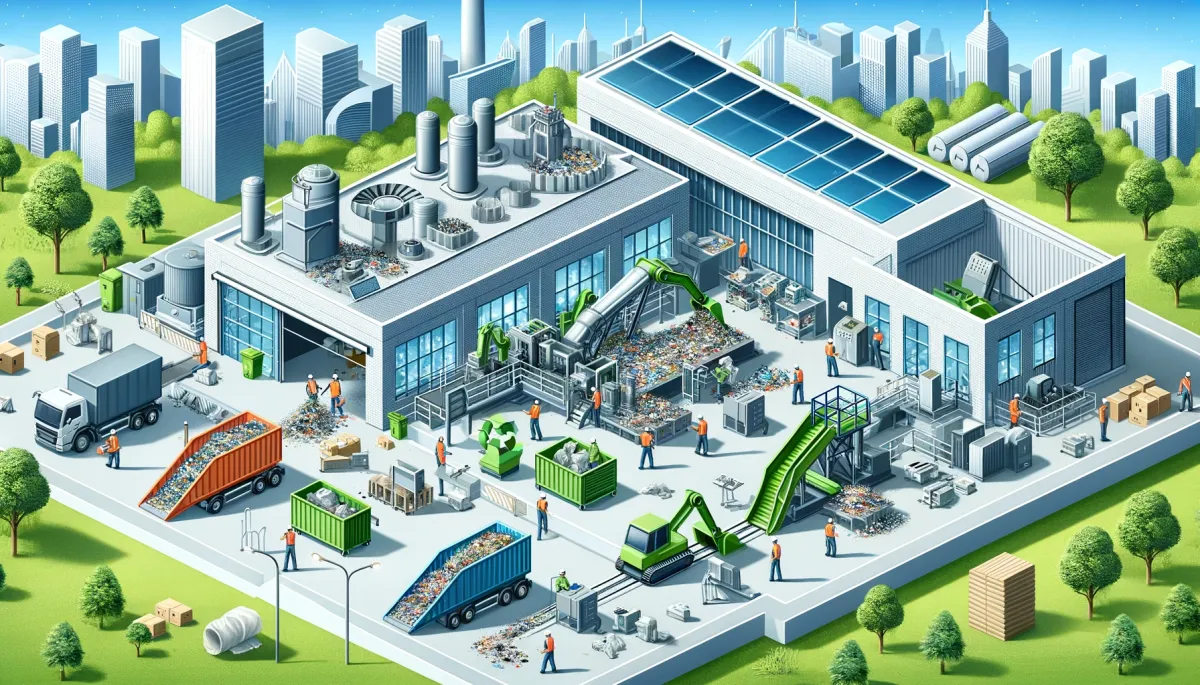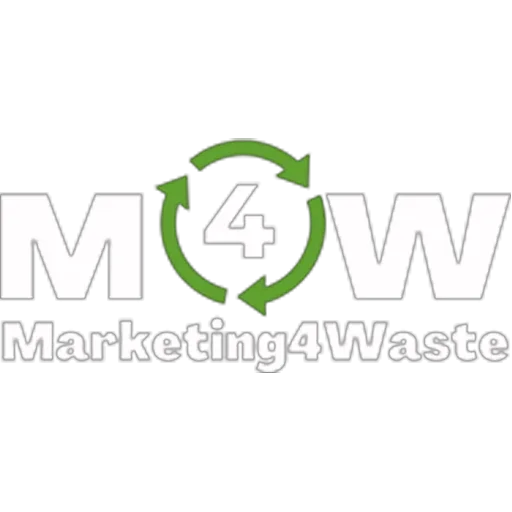Increase the Revenues of Your Waste Company With the Tips Shared in Our Blog Articles

Transforming Your Waste Company into a Circular Economy Powerhouse
As a small waste company owner, you are in a unique and powerful position to drive a significant change in our approach to sustainability and resource management. The transition to a circular economy model isn’t just an environmental imperative; it's a tremendous business opportunity waiting for you to seize it.
Understanding the Circular Economy
At its core, the circular economy is about rethinking how we design, use, and dispose of products. It's a departure from the traditional 'take-make-dispose' model and focuses on keeping resources in use for as long as possible.
This model not only reduces waste but also creates new business opportunities and can significantly lower environmental impacts.
The Role of Small Waste Companies
You might think, "I'm just a small player in a big industry." But don't underestimate your impact. As a waste management company, you are the linchpin in the circular economy. You're uniquely positioned to influence how materials are collected, processed, and reintroduced into the supply chain.
1. Partnering for Sustainable Design
Your first step is to form partnerships with local manufacturers and designers. By collaborating, you can influence them to consider recyclability and material recovery from the design stage. Imagine a world where every product is designed with its end-of-life in mind – and you could be the one to initiate this.
2. Expertise in Material Streams
It's crucial to understand the materials you're dealing with. Different materials require different recycling approaches. By mastering this, you can advise manufacturers on the best materials to use for both sustainability and ease of recycling.
3. Tailored Collection Systems
Next, develop specialized collection systems. This isn't just about having different bins. It's about creating a system that simplifies consumer recycling and maximizes the quality of the collected materials. Your goal should be to make recycling as effortless as possible.
4. Investing in the Right Technology
Technology is your best friend in this journey. Whether it's advanced sorting systems or innovative recycling techniques, investing in technology can dramatically increase the efficiency and scope of your recycling capabilities.
5. Educating for Impact
Awareness and education are key.
You have the power to educate both manufacturers and consumers about the importance of circular practices. Workshops, informational campaigns, and even simple instructions on bins can go a long way.
6. Feedback Loops with Manufacturers
Creating a feedback loop with manufacturers is crucial. Share data and insights about the recyclability of their products.
This information is invaluable for them to improve their designs and materials.
7. Certifications and Compliance
In a world increasingly conscious of environmental impact, certifications can be a game-changer for your business. They not only ensure compliance but also enhance your credibility in the market.
8. Staying Ahead with Innovation
The circular economy is an evolving concept.
Stay informed about new developments and be ready to adapt. This agility will set you apart from your competitors.
9. Building a Network
Networking is vital. Connect with repair services, refurbishment centers, and other recycling companies. These relationships can lead to innovative collaboration opportunities.
10. Economic Viability
Always keep an eye on the bottom line.
Analyze the costs and potential revenues meticulously.
Remember, the goal is to create a sustainable business in every sense of the word.
11. Measuring Your Success
Implementing a system to measure your impact is crucial.
Track and showcase the amount of waste you divert from landfills and the carbon footprint reduction.
These metrics are not just numbers; they're proof of your contribution to your community, the environment, and your business.
12. Engaging the Community
Finally, involve your community. Your business isn’t just about managing waste; it’s about fostering a culture of sustainability. Engage with local schools, participate in community events, and collaborate with environmental groups.
The Future Is Circular
As you embark on this journey, remember that transitioning to a circular economy is more a marathon than a sprint. It requires persistence, innovation, and a willingness to challenge the status quo. But the rewards are immense and not just in business growth. Indeed it will help the growth of your local community.
You can be at the forefront of a major shift in your community.
Embrace it. Innovate. Collaborate.
And most importantly, lead the change. Your business, community and the planet will thank you for it.
Do you want help? Text us at (727) 307-2695
All the best
Sam


© 2025 Marketing4waste - All Rights Reserved,
Marketing4Waste is a brand of MiM MarketingInterimManagers LLC
+1 801 804 5730

